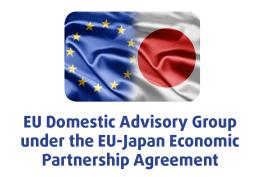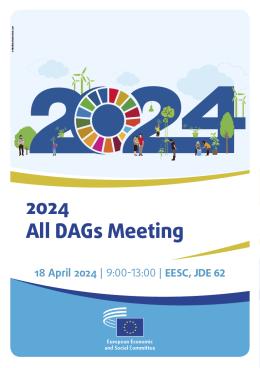European Economic
and Social Committee
Mednarodna trgovina
Mednarodno trgovino ureja kompleksna mešanica globalnih pravil, dogovorjenih v okviru Svetovne trgovinske organizacije ter dvostranskih in večstranskih sporazumov. Sporazumi o prosti trgovini vse bolj vplivajo na pravice državljanov. V skladu z Lizbonsko pogodbo je treba trgovinsko politiko EU izvajati v skladu z načeli in cilji zunanjega delovanja Unije, ki vključujejo spodbujanje pravne države, človekovih pravic in trajnostnega razvoja.
Po našem mnenju bi moral biti ta trend vodilno načelo trgovinskih pogajanj in odnosov EU. Člani EESO z usklajevanjem stališč in mnenj podjetij, delavcev, strokovnjakov, kmetov, potrošnikov in drugih pomembnih deležnikov prispevamo dejansko dodano vrednost. Tako lahko med pogajanji o trgovinskih sporazumih in pri njihovem izvajanju mednarodnim oblikovalce politike učinkovito seznanjamo s stališči civilne družbe in interesnih skupin. Ustanovili smo spremljevalni odbor za mednarodno trgovino, ki bo zagotavljal sodelovanje civilne družbe pri oblikovanju trgovinske politike EU. Upravljamo tudi notranje svetovalne skupine, ustanovljene v skladu s poglavjem o trgovini in trajnostnem razvoju v novi generaciji trgovinskih sporazumov EU. Te skupine, sestavljene iz predstavnikov civilne družbe (iz EESO in zunaj njega), so odgovorne za opredeljevanje težav, povezanih s trgovino in trajnostnim razvojem, pri izvajanju trgovinskega sporazuma.







